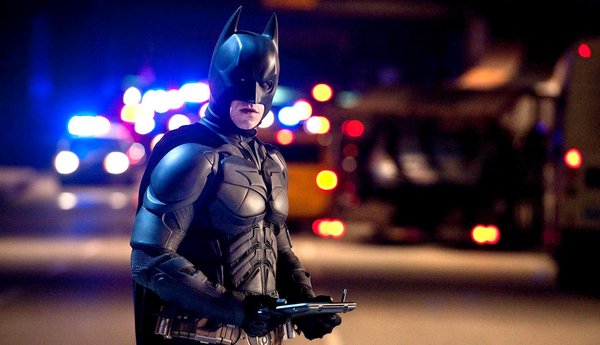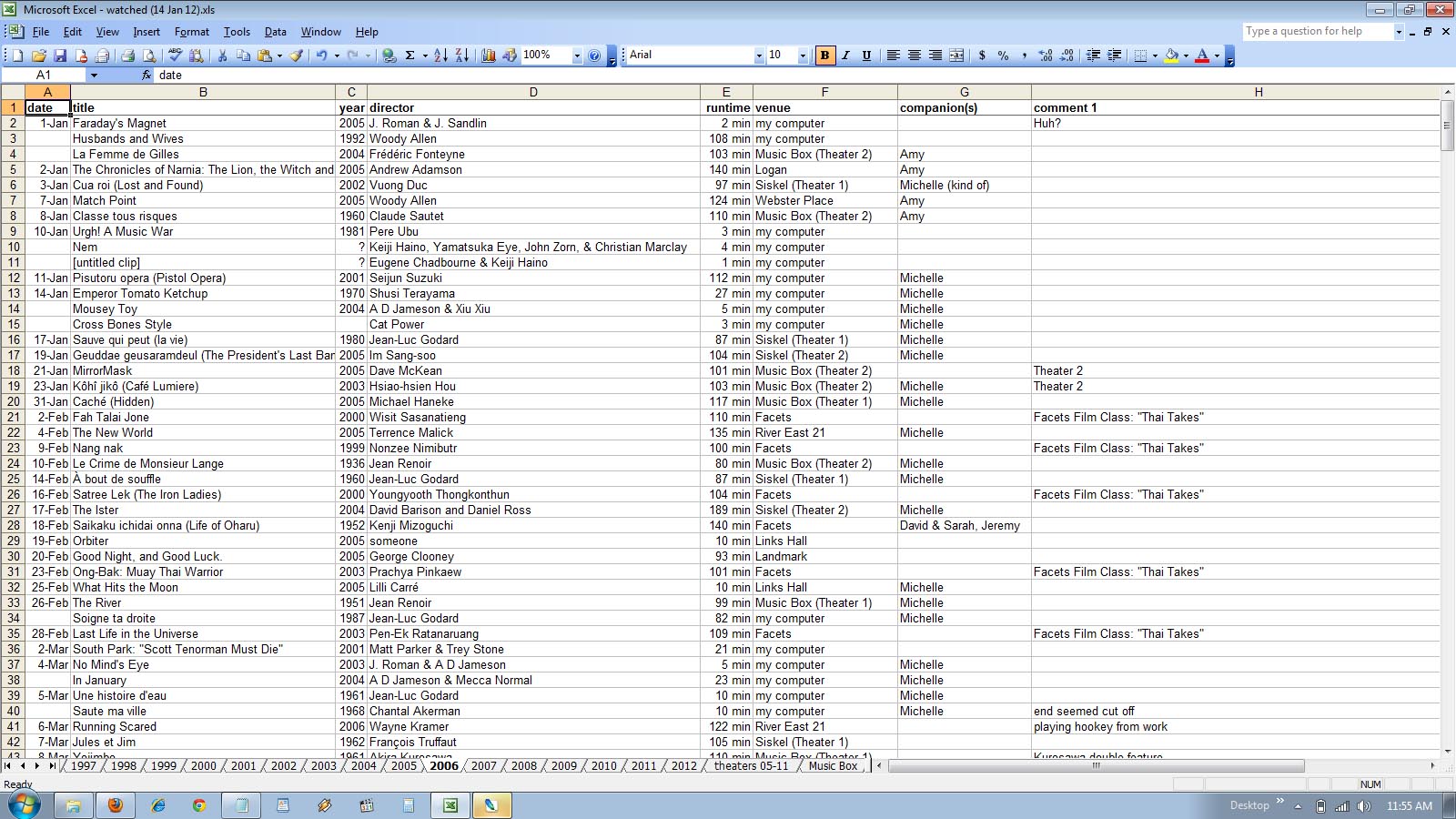The Ever Risable Dark Knight
In the set piece that opens The Dark Knight Rises, a CIA operative screams at three hooded captives, “The flight plan I just filed with the Agency lists me, my men, Dr. Pavel here, but only one—of you!” He then starts pretending to toss them out of his airplane, only to be interrupted by the masked terrorist Bane, who has seen through his deceit (“Perhaps he’s wondering why someone would shoot a man … before throwing him out of a plane!”). Menacing banter ensues, after which Bane gains control of the aircraft and prepares to crash it. Grabbing Dr. Pavel, he commands an underling to remain on board, because “they expect one of us in the wreckage, brother!”
This is the kind of exchange Christopher Nolan thinks clever, when really it makes no sense. The plane was riddled with bullets, its wings torn away, its tail end blown off by explosives. Obviously somebody attacked it—so who cares if the bodies in the wreckage match the flight plan? What’s more, the CIA man wasn’t telling the truth about throwing them out—Bane even commented on that—so why trust his line about the flight plan?
These might seem like nitpicking, geeky griping over plot holes. But this exchange illustrates so much of what’s so wrong with Nolan’s movies.
For one thing, his characters never shut up.
I made a video that critiques the opening three scenes of “Inception”
I’m trying out different ways of doing film criticism. In addition to writing articles, I think it makes sense to record commentaries (like the one I just did for Drive) and make critical videos. (My inspirations here are Mike Stoklasa and Jim Emerson.)
So here’s my own foray into the latter:
How Many Movies Have You Seen?
Over the past 15 years, I’ve kept track of every movie I’ve watched. What started as a simple task has grown increasingly complicated over time, partly due to ways in which movies have changed, but mainly due to how my thoughts about movies have changed. Still, I’ve kept up the habit, first in a composition tablet (now lost), then a sprawling Excel file (a glimpse of which is above—click through or click here for a larger image). Over time, my list of titles has grown to include more relevant information: the date, location, director, run time, year, whom I saw it with, random thoughts I had.
After 15 years, I’ve seen 1925 features. (I haven’t counted the shorts, or any movies I’ve half-seen—and my list doesn’t take into consideration most of the questions I raised in my last post, “How Many Movies Are There?“, as to what constitutes a feature.) That doesn’t sound like too many, not after fifteen years of avid cinephilia. But to put it in some perspective, that’s roughly 128 feature films/year, or about one every three days. Again, this doesn’t include shorts, or TV episodes, or rewatching any of those films—it’s just counts the total of unique feature films. (I used to watch a lot of experimental shorts that aren’t included here, and I’ve taught film classes, which means I’ve seen lots of films numerous times.) (It also doesn’t take into consideration the fact that I’m a writer first and foremost, a cinéaste second.)
We found last week that there have been at least 268,246 features made. (Since then, the IMDb’s count has grown to 268,601.) So I’ve seen little more than .7% of them—and remember, I think that IMDb count far too low. I’ve seen a drop in a drop in a bucket!
But how many movies does anyone ever see? How does my viewing tally compare to, say, a critic like Roger Ebert’s?
A Critique of Jim Emerson’s Recent “The Dark Knight” Critique
You’ve probably seen by now film critic Jim Emerson‘s critique of a certain action sequence in The Dark Knight (2008). Many, many people forwarded it to me; they probably also forwarded it to you.
Now, I have said many mean things about Mr. Nolan in the past. But I actually disagree to some extent with Mr. Emerson’s analysis. (Maybe I just disagree with everyone?)
So allow me, if you will, to defend my buddy Chris Nolan.



